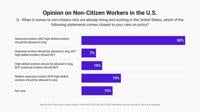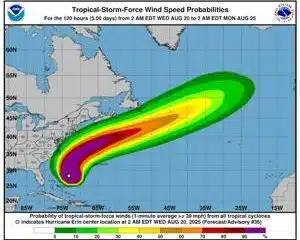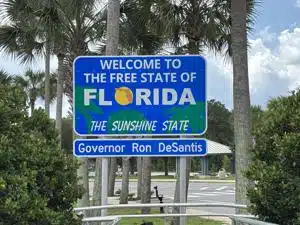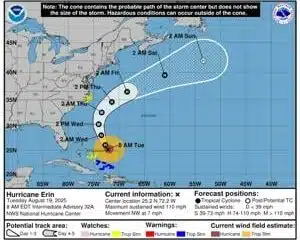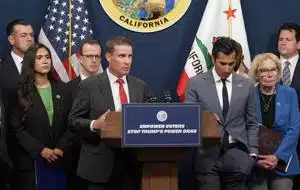(The Center Square) – While most Americans support President Donald Trump’s efforts to secure the U.S. border and significantly reduce the amount of illegal crossings, many also support allowing noncitizens already in the country to remain if they contribute to the economy.
The Center Square Voters’ Voice Poll asked more than 2,500 registered voters what should happen to non-citizens who are already living and working in the United States.
Half of voters said both seasonal workers and high-skilled workers should be allowed to stay. An additional 10% said high-skilled workers should be allowed to stay, but seasonal workers should not. And 7% said seasonal workers should be allowed to stay, but high-skilled workers should not.
Combining the responses, 60% of voters say high-skilled workers should be allowed to stay and 57% think seasonal workers should.
Only 19% of voters said neither seasonal workers nor high-skilled workers should be allowed to stay, while 15% were not sure.

“There’s a difference between border security and dealing with people who are already here,” said David Byler, head of research at Noble Predictive Insights, which conducted the polling for The Center Square. “Trump clearly does well on border security – questions of building a wall, who should be allowed in, deporting known criminals, etc. When it comes to dealing with non-citizens who are generally following the law in their daily lives, voters are more forgiving.”
More Republicans (36%) than Democrats (6%) said neither seasonal workers nor high-skilled workers should be allowed to stay in the U.S., but other demographic groups are closely aligned.
Half of women (50%) say both groups of noncitizens should be allowed to remain in the U.S. compared to 49% of men. Among white respondents, 50% also say both groups should be able remain, compared to 47% of Black voters and 51% of Hispanics.
“This is where Trump can overreach on immigration – by being too harsh with non-citizens (here legally or not) who aren’t directly causing any problems,” Byler told The Center Square.
The poll was conducted by Noble Predictive Insights from April 15-18, 2025, and surveyed registered voters nationally via an opt-in online panel and text-to-web cell phone messages. The sample included 2,527 respondents, comprised of 1,089 Republicans, 1,187 Democrats, and 251 True Independents, which Noble Predictive defines as independents who chose neither when asked if they lean toward one of the major parties. It is one of six national tracking polls in the U.S.
The margin of error was +/- 2.0%.

